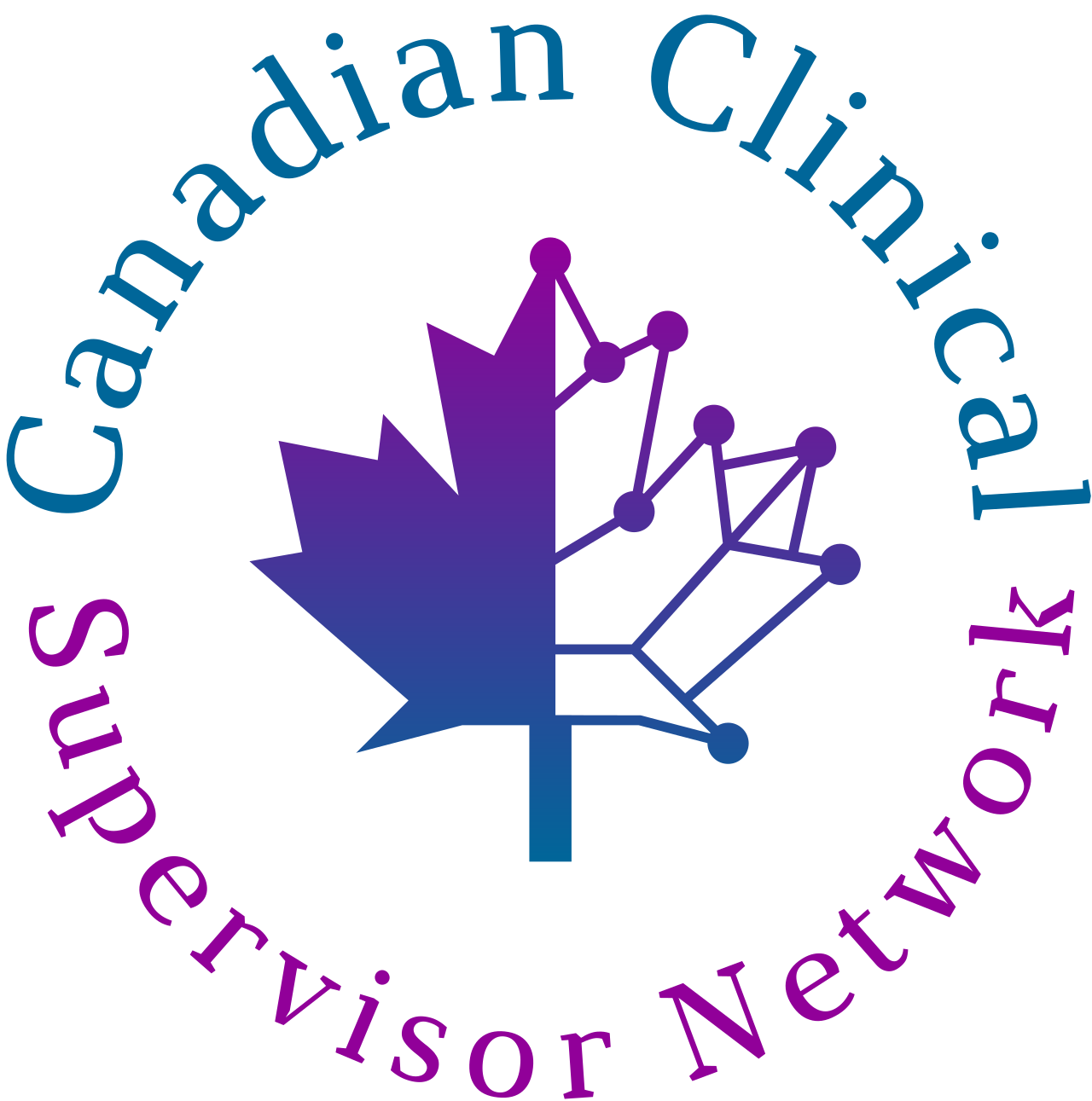Clinical supervision is a cornerstone of professional development in the field of mental health and allied professions. It offers a structured opportunity for supervisees to reflect on their practice, receive feedback, and enhance their skills under the guidance of an experienced supervisor. However, effective supervision requires more than just experience; it demands a deep understanding of therapeutic modalities, ethical considerations, and interpersonal dynamics. Thankfully, there exists a plethora of literature dedicated to this critical aspect of professional growth. In this blog, we’ll explore some of the best books available for those involved in clinical supervision, whether you’re a seasoned supervisor looking to refine your approach or a supervisee eager to deepen your understanding of the process.
- “The Clinical Supervisor’s Companion: A Comprehensive Guide to Therapeutic Practice” by Alyson L. Carr and Sheila K. Grant
This comprehensive guide offers practical advice and theoretical insights for clinical supervisors across various therapeutic modalities. It covers essential topics such as building a supervisory relationship, navigating ethical dilemmas, and fostering supervisee development. The book is well-structured, making it easy to reference specific topics as needed. It also includes case studies and reflective exercises to aid in learning and application. - “Clinical Supervision: A Competency-Based Approach” by Carol A. Falender and Edward P. Shafranske
Grounded in competency-based principles, this book provides a roadmap for effective clinical supervision. It outlines core competencies for both supervisors and supervisees, offering clear benchmarks for skill development. The authors emphasize the importance of cultural competence, ethical awareness, and self-reflection in the supervisory process. Additionally, the book delves into advanced topics such as supervising specific therapeutic approaches and addressing challenging situations. - “The Art of Clinical Supervision: A Pastoral Counseling Perspective” by Mary L. Hawkins and Jeffrey H. Boyd Drawing on pastoral counseling principles, this book offers a unique perspective on clinical supervision. It emphasizes the importance of spirituality, ethics, and self-care in the supervisory relationship. While rooted in a Christian framework, the authors explore how these principles can be applied across diverse religious and cultural contexts. The book also includes practical guidance on integrating faith-based practices into supervision sessions.
- “Supervision Essentials for Psychodynamic Psychotherapies” by Jill Savege Scharff and David E. Scharff
Tailored specifically for psychodynamic therapists and supervisors, this book delves into the nuances of supervising dynamic therapy processes. It explores themes such as transference, countertransference, and unconscious dynamics within the supervisory relationship. The authors offer detailed case examples and clinical vignettes to illustrate key concepts. Whether you’re new to psychodynamic supervision or a seasoned practitioner, this book provides invaluable insights for enhancing therapeutic effectiveness. - “Becoming an Ethical Helping Professional: Cultural and Philosophical Foundations” by Rita Sommers-Flanagan and John Sommers-Flanagan
Ethical considerations are paramount in clinical supervision, and this book serves as an essential resource for navigating ethical dilemmas. It explores ethical principles from diverse cultural and philosophical perspectives, encouraging supervisors to critically examine their values and biases. The authors provide practical strategies for addressing ethical challenges in supervision, empowering professionals to uphold the highest standards of integrity and accountability.
Clinical supervision is a dynamic process that requires ongoing learning and growth. The books mentioned above offer valuable guidance for supervisors and supervisees alike, covering a range of topics from theoretical foundations to practical skills. By engaging with these resources, professionals can deepen their understanding of supervision principles, enhance their clinical effectiveness, and ultimately contribute to the well-being of their clients. Whether you’re embarking on your supervisory journey or seeking to refine your existing skills, these books serve as indispensable companions in nurturing growth and fostering excellence in clinical supervision.


